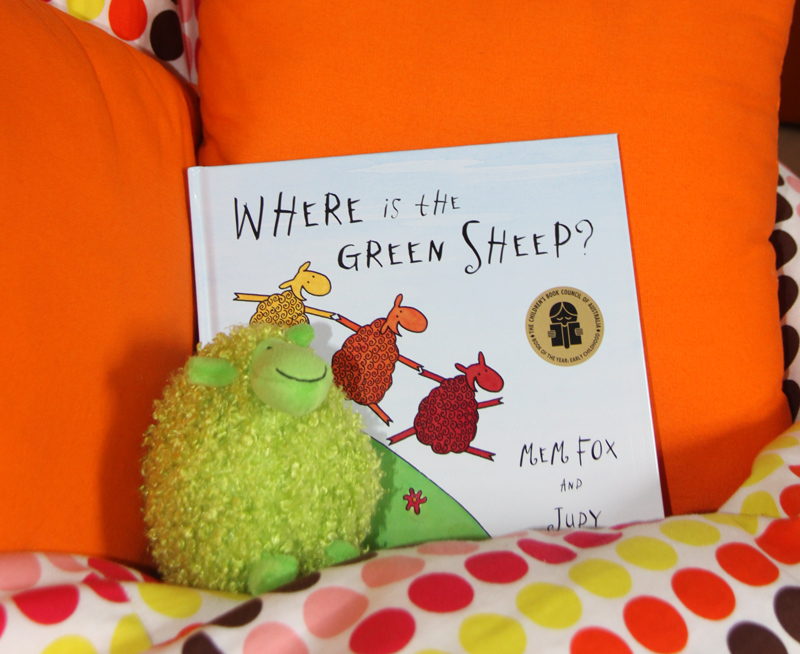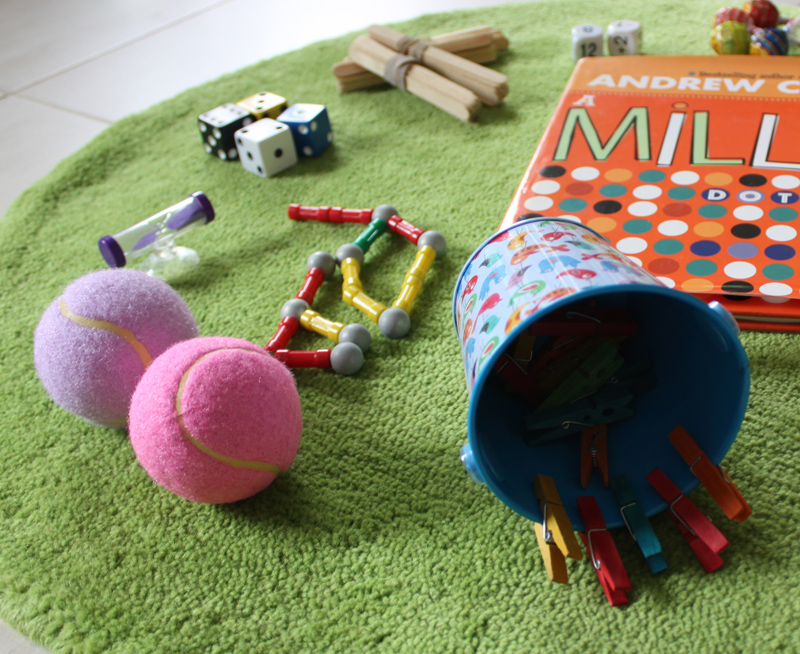Dr Judy Willis is a neurologist turned educator, who offers strategies to help your child memorise new information. As Dr Willis discusses, your child’s senses are constantly receiving information and the more senses used when learning, the more places the information is stored in the brain. When children retrieve information stored in different parts of the Brain, the memory should be stronger. Therefore providing multi sensory learning experiences will positively assist the recall of information.
Assisting your child’s retention of new learning requires four important elements.

Is your child’s state of mind a positive one? Emotions have a significant impact on learning. If your child is upset, frightened or anxious, new learning will not be retained. When your child is feeling threatened, a part of the brain called the Amygdala goes into action to protect what is perceived as an incoming threat. As Karen Young (psychologist) explains in her book ‘Hey Warrior’, sometimes the amygdala can’t always tell the difference between something that might hurt you and something that won’t. It is important to acknowledge how your child is feeling when they are upset, frightened or anxious, and develop strategies to cope with these feelings when they arise.

When children continually struggle with schoolwork they often develop low self-esteem. It can be difficult to explain to children they do not always need to struggle. Most children require new concepts explained more than once. When children understand this and begin to experience success when learning, this mindset changes. There needs to be a combination of good instruction, practice and hard work for children to experience success with schoolwork. Changing children’s mindset can be challenging, however this is a major focus at Engaged Learners.
Carol Dweck developed the concept ‘Growth Mindset’. When you have a fixed mindset, you believe your intelligence or talents are fixed and that talent alone results in success. A Growth mindset is the belief that your intelligence and talents can be developed through effort and hard work. Developing your child’s growth mindset at Engaged Learners is one of the keys to achieving success in learning.

No one likes to feel bored. Ensuring learning is interesting and fun, are the keys to keeping children focused, essential for the learning process.
Learning experiences need to be multisensory to assist in new information being retained in children’s long-term memory. Using an iPad to record information to be learnt, moving around while learning or making models related to learning are different ways to enrich the learning experience to ensure the information is stored in different parts of the brain. As Dr Judy Willis discusses this will contribute to a richer memory when the information is retrieved from the child’s memory.

There is research being conducted on the connection between the Brain and the stomach sometimes referred to as the ‘gut- brain connection ‘ (Harvard Medical School). Early research indicates a child’s gut health can impact on areas such as concentration, memory, behaviours relating to ADD/ADHD and Autism. As discussed in an article published by Harvard Medical School, the Brain can directly influence the stomach and vice versa. Food, stress and anxiety have been found to impact gut health, which can affect children’s behaviour.
Healthy eating sounds simple, however it is easily overlooked in busy families who struggle to balance home and work life. As parents, it’s important we ensure our children are eating healthy as it can impact on behaviour and learning.